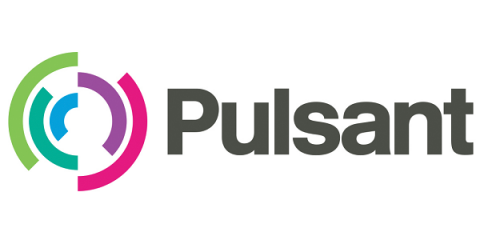The impact of emerging market trends on the edge data centre industry
The edge data centre market (broadly defined as smaller, more distributed data centres, localising data storage and compute closer to end users) is experiencing 92% year on year growth. This growth is being driven by a combination of factors including: Three of the biggest trends impacting the edge data centre market today are.


